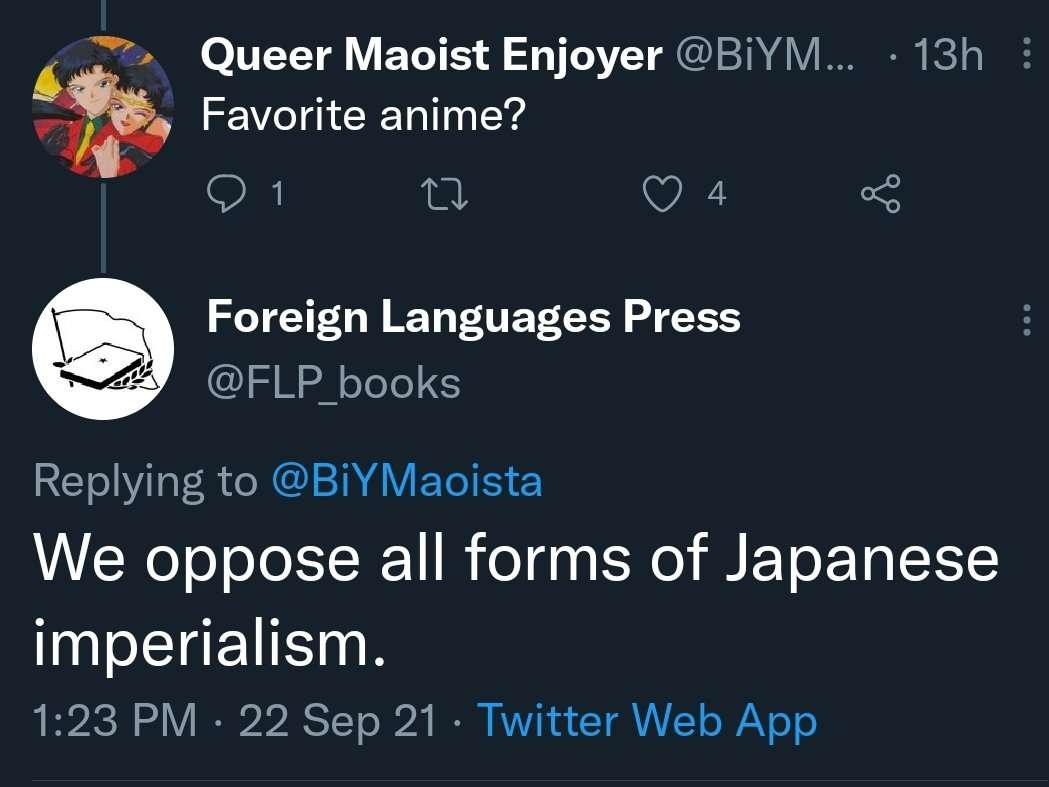this post was submitted on 09 Jan 2024
86 points (100.0% liked)
chapotraphouse
13198 readers
375 users here now
Banned? DM Wmill to appeal.
No anti-nautilism posts. See: Eco-fascism Primer
Vaush posts go in the_dunk_tank
founded 3 years ago
MODERATORS
you are viewing a single comment's thread
view the rest of the comments
view the rest of the comments

This is somewhat tangential, but I was recently at my aunt's for the birthday of her twin daughters, right? So I was with those two kids in the living room, and there was the "main page" of Netflix up on the television. But I noticed that in the kids' watch history was Glitter Force, right? And I remembered how way-back-when, when I first got into anime, that I saw Glitter Force in my Netflix recommendations, and I thought, "This feels like something I should've heard of before..." - but I never looked further into it.
So while I was in my aunt's living room, I decided that I might as well take the opportunity to look up what the heck Glitter Force actually was. And I found out that Glitter Force was apparently just another name for Smile Precure, that was only used on Netflix - more specifically Glitter Force is an "English-language adaptation" of Smile Precure.
So anyways, I decided to watch an episode of Glitter Force just to see what it was.
And I tell ya, the absolute strangeness that is watching a clearly Japanese show, with references to folklore and martial arts and so forth... But with the intro and outro songs in English, and all the writing on chalkboards and so forth replaced with English... But also the characters' dialog was spoken in Norwegian... And then going to see if I could turn on Japanese audio, only to see "English" listed as the show's original language, with no Japanese dub to be found...
...It made me remember a thought that I'd had for a while, which is that in Norway, anime fandom and the availability of anime on streaming services and so forth, is a product of American cultural hegemony/imperialism, despite anime being famously Japanese: everything gets filtered through America before it reaches Norway! Today, despite the popularity of anime in Norway, hardly any anime are available with Norwegian subs/dubs, and the few that are, were for the most part very clearly filtered through English first, being practically zero-effort translations simply because everybody already watches anime in English so why bother with the translation.
In some other countries that have a history of Japanese occupation, there I'd reckon that anime would be understood as a form of Japanese cultural imperialism foremost, rather than American. For all I know the lack of American filtration could explain some of the differences between western anime fandom and the ACG subculture (not that I know much about that), but that's just a hunch...